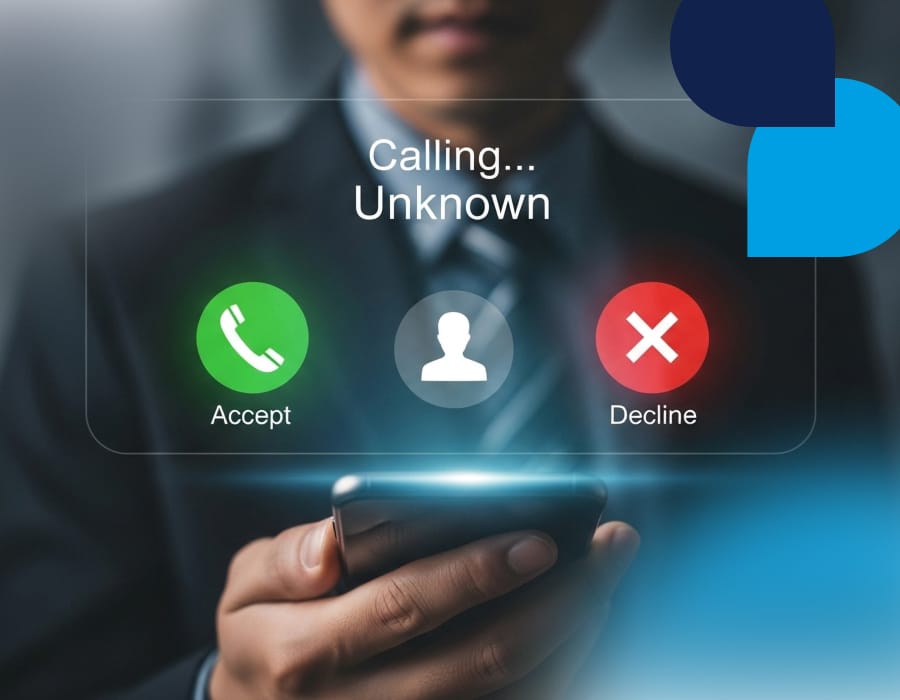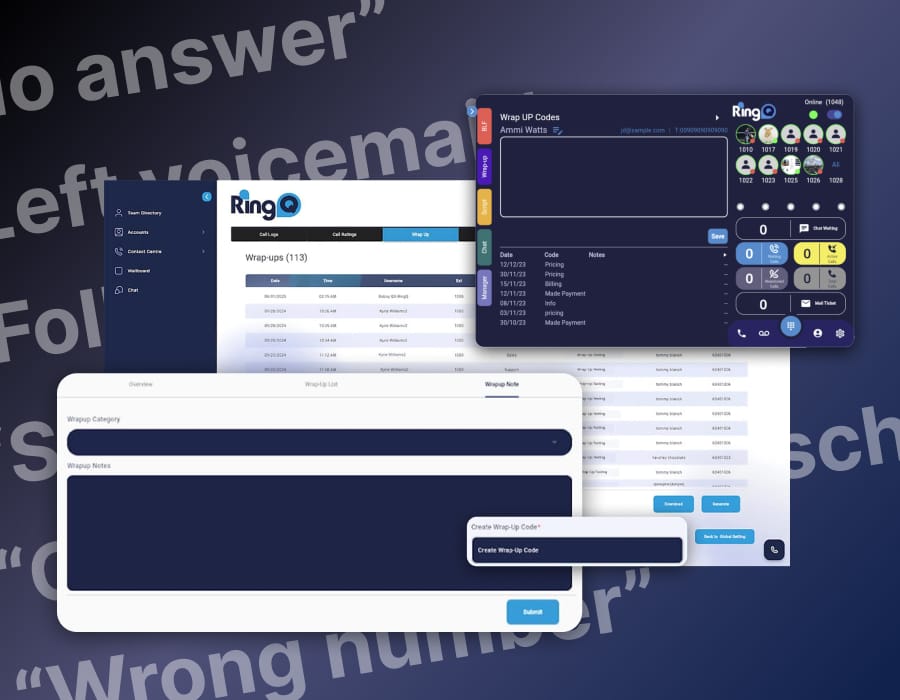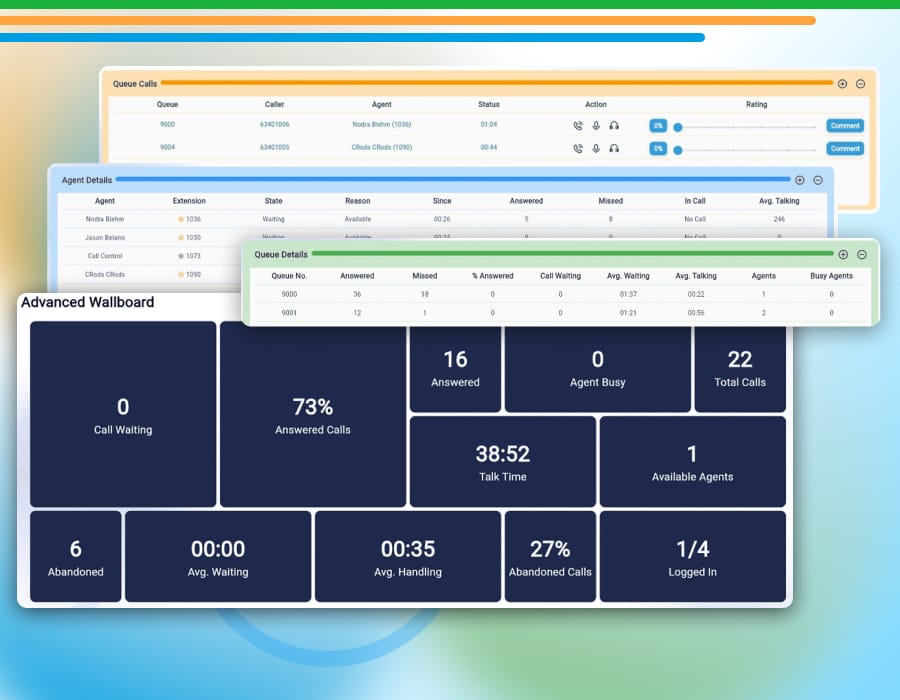Robocalls and caller ID spoofing have been persistent challenges for communication service providers (CSPs) and their customers. To combat this, the STIR/SHAKEN framework has become a critical industry standard in North America, and CSPs must ensure correct implementation to maintain compliance, trust, and service quality.
What is STIR/SHAKEN?
STIR (Secure Telephony Identity Revisited) and SHAKEN (Signature-based Handling of Asserted Information Using toKENs) work together to authenticate caller identity for calls transmitted over IP networks. Essentially, STIR/SHAKEN helps verify that the caller ID presented to the recipient matches the originating phone number.
- STIR is the protocol that generates and verifies digital certificates for calls.
- SHAKEN is the framework that enforces the verification results across the network.
When implemented correctly, STIR/SHAKEN reduces fraud, increases consumer trust, and improves call completion rates.
Why Correct Implementation Matters
For CSPs, STIR/SHAKEN isn’t just a compliance exercise—it’s a safeguard for reputation and customer experience. Incorrect implementation can lead to several risks:
1. Regulatory penalties: The FCC mandates STIR/SHAKEN compliance for certain providers. Non-compliance or misconfigurations can result in fines.
2. Blocked or untrusted calls: If your calls fail authentication, recipients may not answer, harming legitimate business communications.
3. Customer churn: End-users may switch providers if calls frequently appear as “spam” or fail verification.
4. Increased fraud risk: Without proper verification, spoofing and robocalls can continue unchecked, damaging network integrity.
STIR/SHAKEN Implementation Checklist
To ensure a smooth and effective deployment, CSPs should consider the following checklist:
1. Understand Regulatory Requirements
- Review FCC mandates or local regulations applicable to your service area.
- Identify which segments of your network are subject to STIR/SHAKEN obligations.
- Keep updated with evolving compliance timelines.
2. Assess Network Capabilities
- Verify your network supports SIP (Session Initiation Protocol) for call signalling.
- Identify legacy systems or analog gateways that may require additional integration.
- Ensure you can generate, transmit, and verify STIR/SHAKEN tokens across your network.
3. Obtain a Certificate from a Trusted Certificate Authority (CA)
- Work with a CA approved by the governance authority for STIR/SHAKEN.
- Ensure certificates are correctly provisioned and renewed on schedule.
- Implement robust key management policies to prevent compromise.
4. Correct Call Authentication and Token Management
- Accurately assert the level of attestation (Full, Partial, or Gateway) based on call origination.
- Implement token generation for all outgoing calls to avoid mislabeling.
- Test verification logic on incoming calls to handle assertions from other CSPs.
5. Testing and Validation
- Conduct lab testing with different call flows, including international and legacy calls.
- Use third-party test tools to validate that calls are signed, transmitted, and verified correctly.
- Document all test results and rectify failures promptly.
6. Monitor and Maintain
- Implement continuous monitoring for failed verification attempts.
- Keep logs for compliance audits and troubleshooting.
- Regularly update software and certificates to prevent lapses in security.
7. Educate Your Staff and Customers
- Train network operations teams on STIR/SHAKEN processes and troubleshooting.
- Inform customers about improvements in call authentication and how it enhances security.
STIR/SHAKEN is not Optional
Implementing STIR/SHAKEN correctly is no longer optional for CSPs—it’s a critical requirement to maintain regulatory compliance, prevent fraud, and protect customer trust. By following this checklist, providers can minimize risks, ensure smooth operation, and stay ahead of evolving industry standards.
Proper deployment not only safeguards your network but also enhances the overall experience for your customers, making legitimate calls reliable and reducing the impact of unwanted robocalls.
RingQ and STIR/SHAKEN Compliance
RingQ is fully compliant with STIR/SHAKEN standards, ensuring all outbound calls are properly authenticated and verified. By leveraging secure certificate management, robust token handling, and continuous monitoring, RingQ helps CSPs maintain regulatory compliance while protecting their customers from spoofing and fraudulent calls. This built-in compliance allows providers to focus on delivering reliable, trusted communications without worrying about misconfigurations or penalties.









